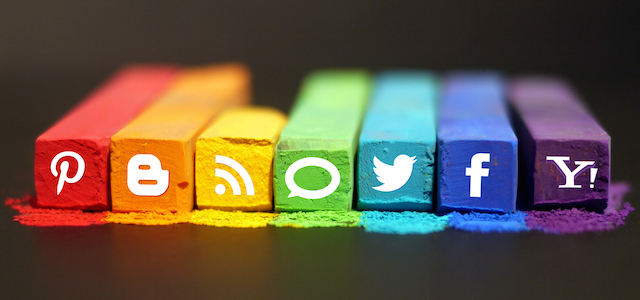Nearly two decades ago, I was a newspaper reporter for a mid-sized bi-weekly newspaper in the Southwest.
Granted, it wasn’t the New York Times, but every story we reported had to have credible sources, and if they weren’t properly vetted, not only would our editor and publisher hold us accountable, but the public would, too.
A story needing a fact correction—or worse yet, a formal redaction—was the stuff of nightmares.
We understood that, without credibility, we were nothing. If one of us messed up, it tarnished reputations for all of us, and for the paper for years to come.
That was before the internet took over.
As the world wide web grew, ad sales that kept reporters and editors paid and that kept papers in print (or news channels on air) began to plummet. Business owners questioned the logic in paying for print advertising when they could reach millions of people for free online.
Newsrooms were cut to bare-bone staffing, and reporters and editors with years of experience found themselves selling their souls to marketing careers or standing in unemployment lines. And, unable to keep up with up-to-the-minute information found on the internet, many otherwise legitimate news outlets began to focus more on entertaining their audiences in order to get views.
But what really took a hit was the truth.
Social media is now the new online news source. Thanks to the magic of Facebook, Twitter and other social sites, carefully vetted articles from professional news organizations like the Wall Street Journal, BBC and Google News, all of which are ranked among the world’s most trusted news sources among both conservatives and liberals, according to the Pew Research Center, are given equal weight as articles from Buzzfeed, Drudge Report, Daily Kos and Breitbart.
What’s worse is that the truth is often less salacious and sexy than scandals. Memes containing half-truths and outright lies often travel at lightning speed to millions of people, while facts and legitimate stories are left buried in the muck.
And, thanks to a Facebook algorithm that determines what we like and gives us more of the same, we’re often kept in information bubbles, only hearing one side of issues (the side we agree with), while intelligent arguments or facts that counter our logic are not only ignored, they are omitted from our feeds entirely.
If you have ever wondered how people on the opposite end of your political views can live in a seemingly alternative reality, the answer is that they do. They (and you) are only hearing half of the argument for any given topic every single day, and our ideas are rarely challenged. No matter which side we favor, it appears that our own views are the majority opinion because that’s all we hear and see.
Ultimately, we are eroding the very foundation of democracy.
The United States was founded on the idea that citizens can choose the people and ideas they want to represent them. The First Amendment contains a provision that ensures freedom of the press so that society can remain informed on the issues that affect us all.
More and more, we are complicit in forsaking our responsibility to remain informed by allowing ourselves to be singleminded in our thoughts and opinions. We cannot throw up our hands and give up the idea that there is right and wrong, truth and lies.
I had a high school teacher who pounded into our heads the phrase, “Know your sources!” Now more than ever, this is true. Balanced, factual reporting must once again be upheld and recognized, both with clicks of our mouses and through dollars that make it possible.
Without balance, there is no truth, and without truth, there is no democracy. The future is too important to entrust to just anyone.
~
Author: Amanda Christmann
Image: mkhmarketing/flickr
Editor: Toby Israel
~












Read 0 comments and reply